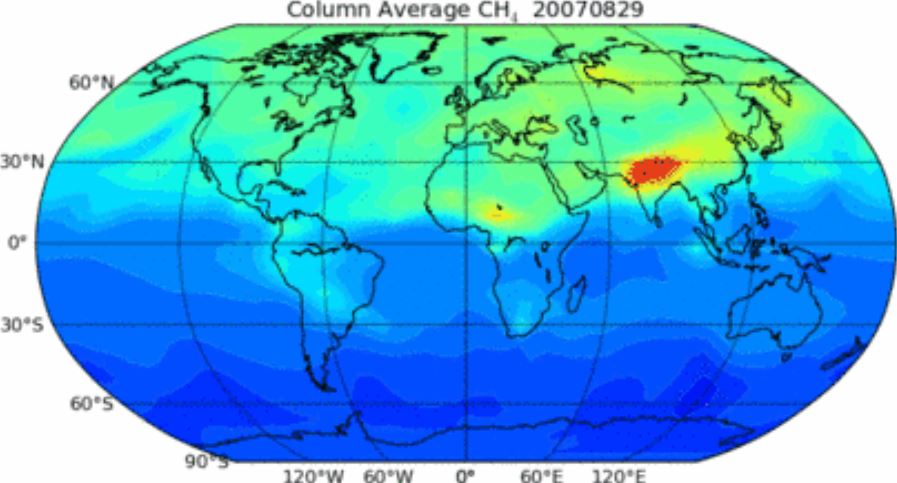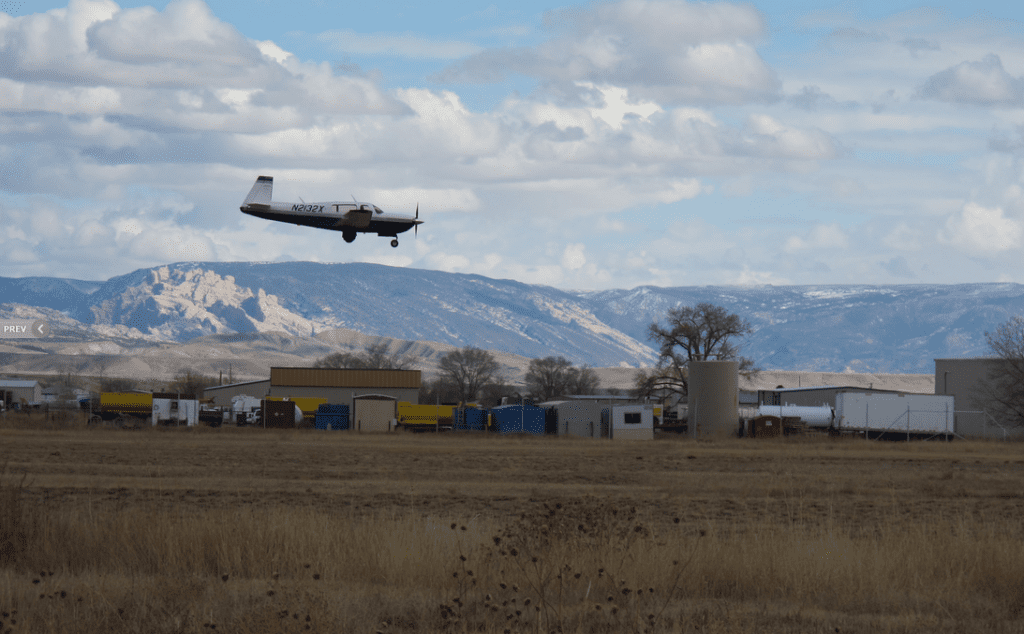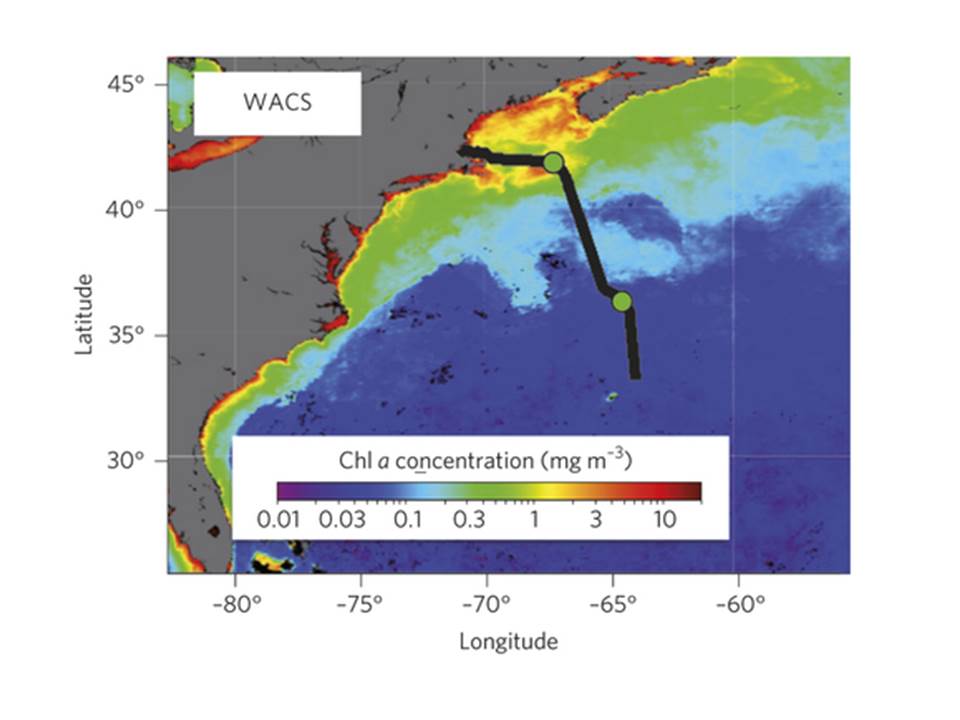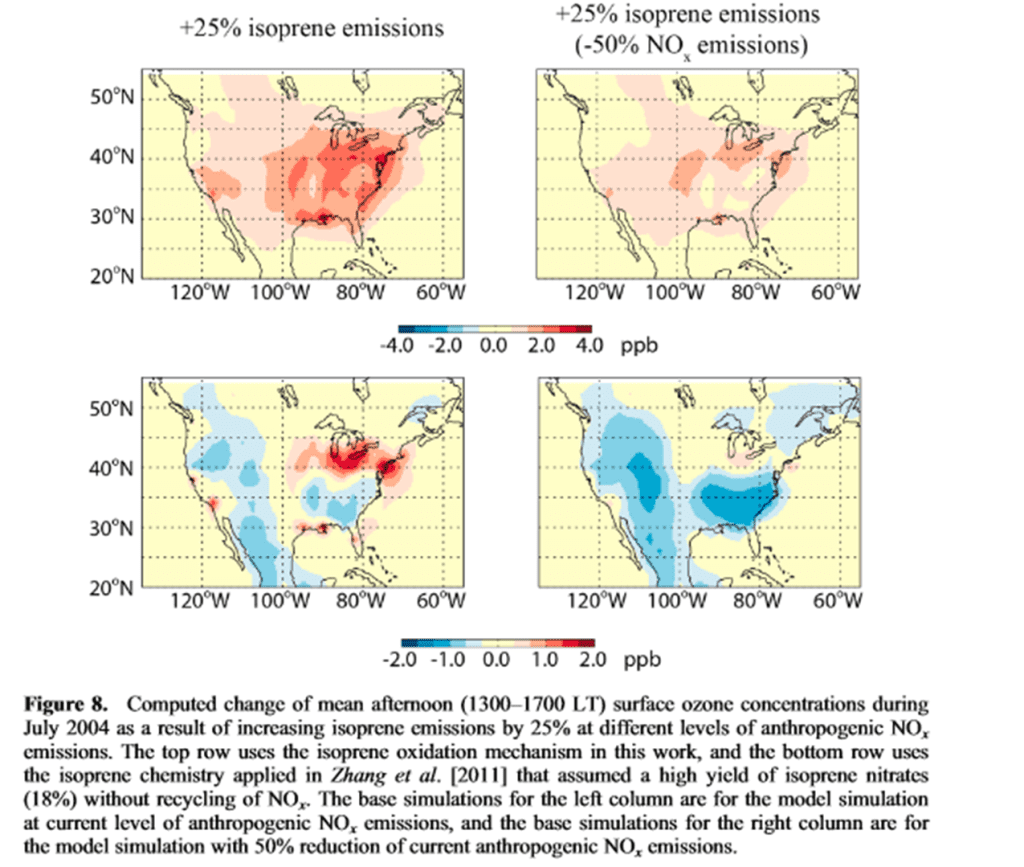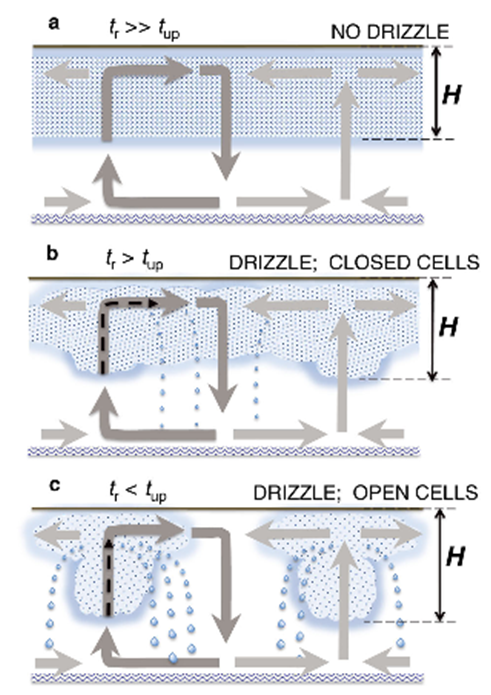CarbonTracker-CH4: An assimilation system for estimating emissions of atmospheric methane
CarbonTracker methane, an off-shoot of NOAA’s highly successful CarbonTracker, which was partially funded by CPO’s AC4 program, has earned peer-reviewed status with a recent paper in Atmospheric Chemistry and Physics.


